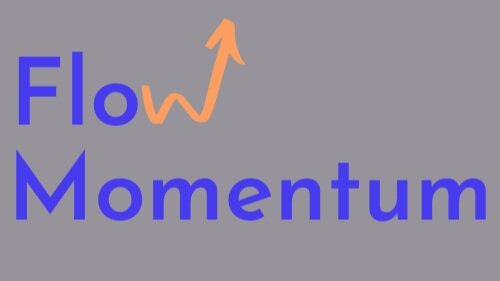EQ Myths that can Ruin Your Career
Emotional Intelligence, measured in EQ, is a hot topic in today’s volatile times. While you want to manage your emotions and steer your professional or personal path in the right direction, if you have bought into some myths about EQ, you may be doing the opposite - ruining your chances for success.
Myth #1: Emotional intelligence means that you cannot make decisions or go about doing your job with any emotions.
When did stuffing your emotions become a healthy practice and lead to more success? I have not run into any research supporting this myth. Emotional intelligence is not about burying your emotions and pretending they do not exist. Rather, it’s about keeping your emotions in check, so they are not controlling the outcome. If you’re human, chances are your emotions are constantly evolving and can become intense. You feel high-highs and low-lows. When you are aiming for a goal, you might be stretching yourself to new heights, but you probably are not intending to target hitting rock bottom.
A real-world example to consider is how emotional intelligence plays into an important interview. If you’re like most people, you’re filled with a combination of anxiety, excitement, and anticipation. You probably could not sleep the night before, and you may become hyper-focused on making it through the interview process. Can you imagine with all the intensity of the moment having to make any other important decisions? What about the potential damage you may leave in your wake as you interact with others? You might start snapping at other people if they approach you, or you may half listen to what is being said. If you cannot control your emotions during the interview, you may end up freezing, forgetting, or stumbling through your words. On the other hand, if you shut down your emotions, interviewers might see you as passionless, without drive, or cold (Is that someone you want on your team?).
Emotional intelligence is recognizing what is going on both inside of you and around you, and then being able to adjust enough to respond in an appropriate way to match the outcome you desire. Instead of stuffing your emotions, find ways to breathe, evaluate, and execute effectively on a game plan that works for the situation.
Myth #2: Women have a harder time with EQ than men.
Humans were created with emotions, even if some of us might not be the best at expressing them. If emotional intelligence is about how we make a conscious effort to recognize emotions and engage in an appropriate response, then the struggle is real, no matter our gender, ethnicity, race, religion, or experiences. Also, consider that emotions can be expressed in many different ways - crying, loudness, anger, physical aggression, withdrawal, quietness, laughter, passion, adamancy, gentleness, affection, empathy, gestures, facial expressions, words, tone of voice, etc. Yes, I’ve seen women cry like the stereotypes suggest - but I’ve also seen men do the same or slam things when they have become emotionally hijacked. When you look at these expressions, you can see that EQ does not discriminate, and we all have to intentionally find strategies to help our emotional state work for us and not against us.
Let me challenge you - If you think EQ does not apply to you, think again. You may have a blind spot you need to further explore.
Myth #3: EQ increases as you get older and have more experience.
We all know at least one family member or friend without a filter, or perhaps that person you grew up with that never seemed to actually grow up. While it’s true that life has a way of giving us plenty of emotionally-charged situations, not all people learn how to channel these situations into stepping stones for success. Emotional intelligence is a skill that needs to be intentionally developed.
What emotions were you experiencing in the midst of your circumstances? Where did you notice them within your body? What was it about the situation that triggered these emotions? What was your response, and did it get you the results you desired? When you recognize these emotions coming on in the future, what can you do differently to foster the outcome you want?
Don’t let yourself get hijacked without a plan. What can you do? Measure your EQ through one of my emotional intelligence packages (Increase Your Emotional Intelligence or Leadership Insights). Both packages come with a coaching session with me - a certified EQ professional - to ensure you understand you results and have the tools you need to create a strategy that works for you. Ask for constructive feedback from those around you. Choose to intentionally develop your emotional intelligence by reflecting on the questions above when you notice heightened emotions.

